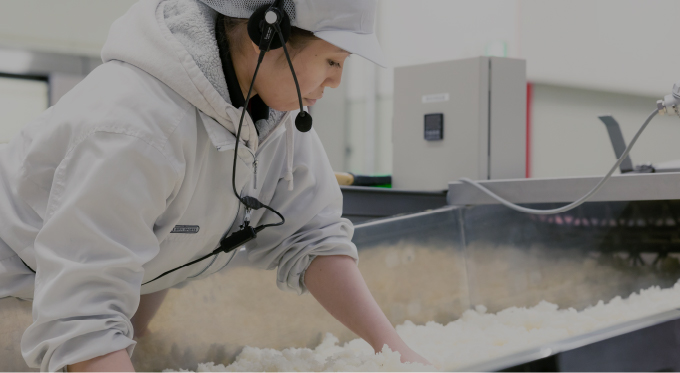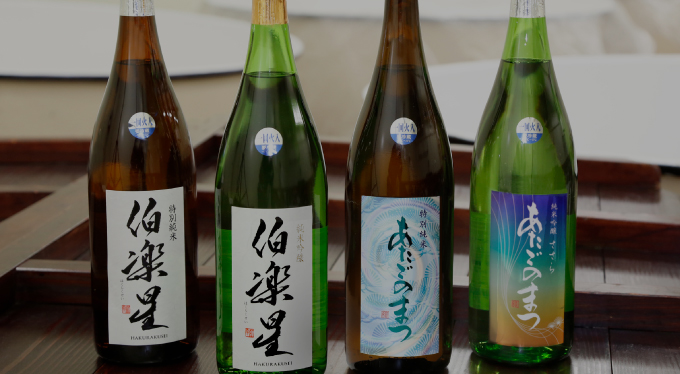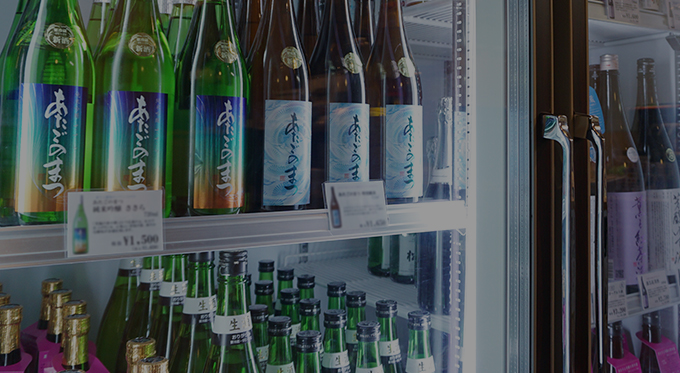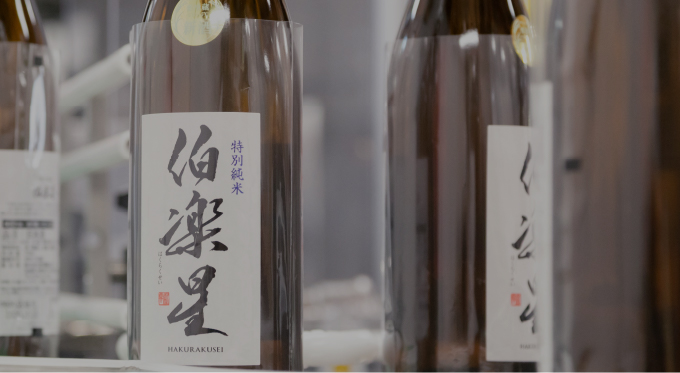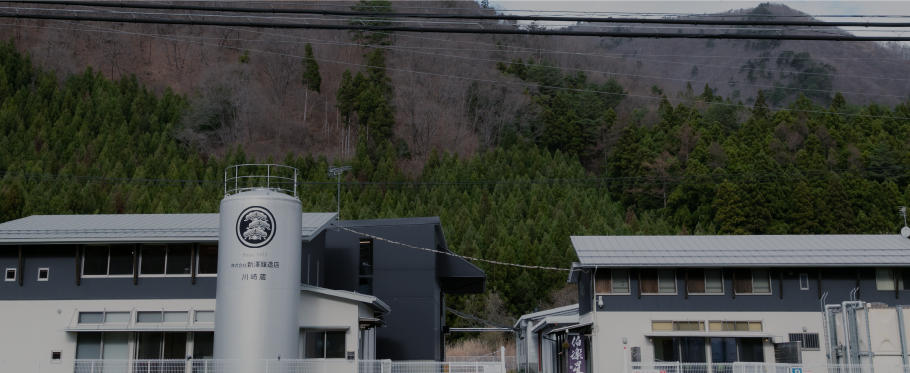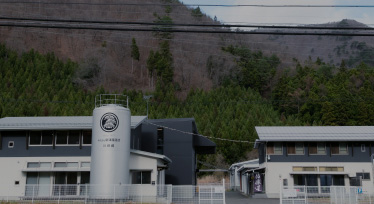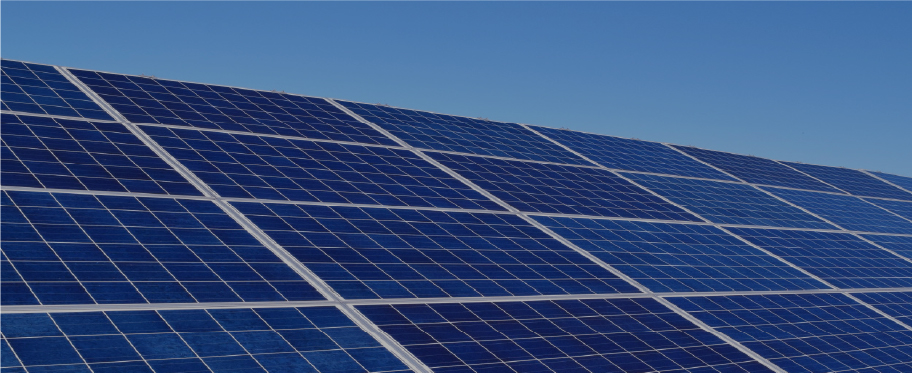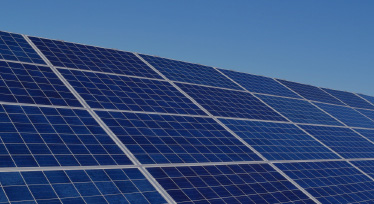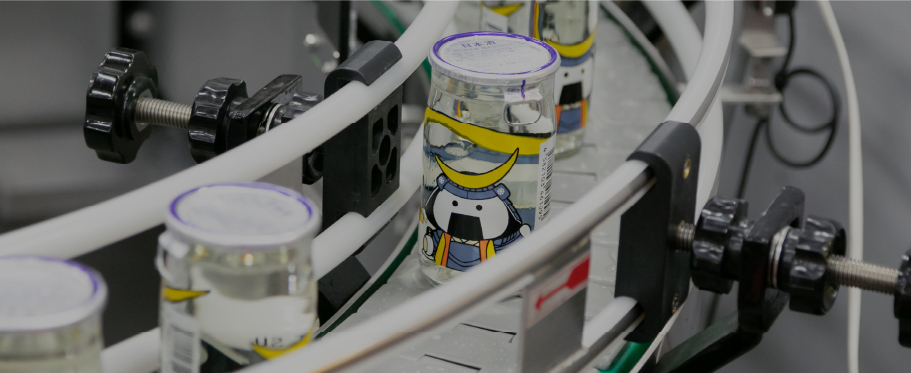Our Commitment to SDGs

What are SDGs?
In September of 2015, the member states of the UN Sustainable Development Summit unanimously adopted the “2030 Agenda for Sustainable Development”. The “2030 Agenda for Sustainable Development” is a set of international development goals that promises a more sustainable and better world by 2030. They are commonly known as The Sustainable Development Goals (SDGs) and are the successor to the Millennium Development Goals (MDGs).
The SDGs consist of 17 goals, 169 targets, and a pledge to “leave no one behind” on the planet.
Our Commitments
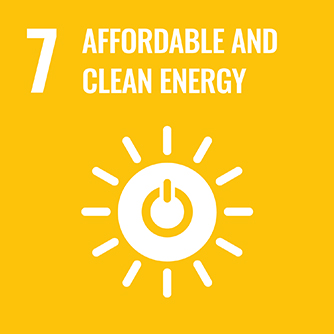

-
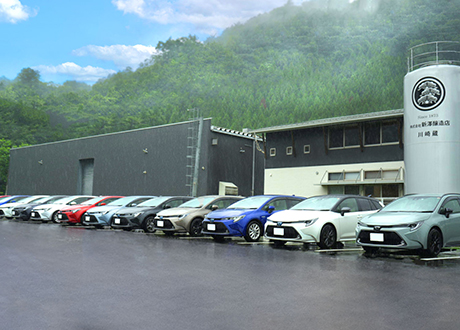
Conversion of company vehicles to hybrid vehicles (scheduled for 2023)
-
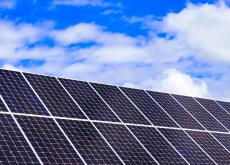
Introduction of solar power generation (scheduled for 2023)
-
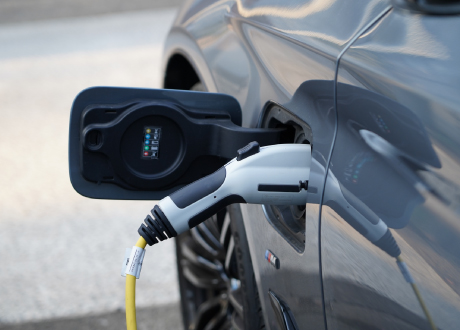
Expansion of subsidies for the purchase of electric vehicles and installation of recharging facilities (scheduled for 2025)
Use of local hydroelectric power generation, use of electric forklifts, and adoption of electricity demand management systems
-
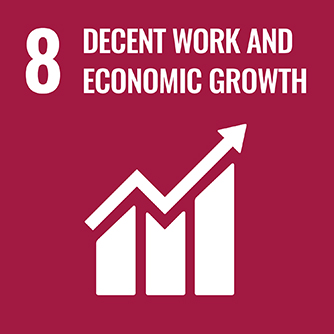

The Breakroom serves a place for employees to relax and refresh.
Creating an environment in which employees can easily take time off by increasing the number of employees above the minimum required number
Shorter working hours
Flexible working hours (work styles that fit your lifecycle, such as picking up relatives or going to the hospital, etc.)
Paid leave utilization rate of 80% or more
Promotion of maternity and paternity leave and nursing care leave
Acquisition of Youth Yell (White Company) certification (from 2019)
Early appointment to management positions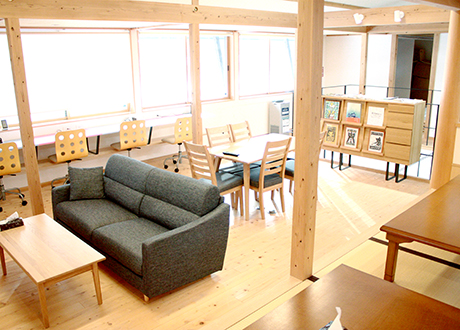
-
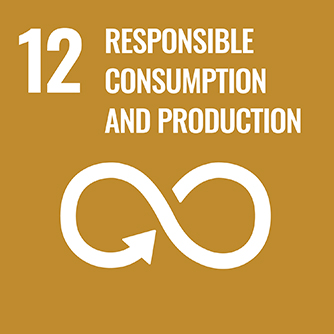

We sell Sake Kasu*, which then can be used for product development and alcohol distillation. *Sake Kasu – the solid remains from the sake filteration process.
Rice polishing discards (rice bran) are sold to be converted into cooking oil.
Recycling of bottles, cardboard, used paper, and sake lees bags -
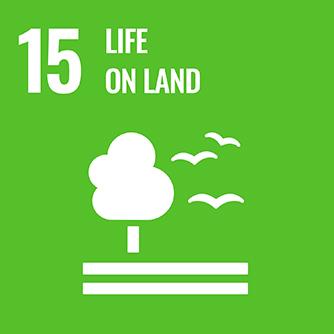

Efforts to increase planting of sake rice
No insecticides and herbicides on company property
Use of biomass plastic bags
Recycling (18-liter cans, cardboard, plastic wrap, used paper)
Use of returnable bottles
Use of P-boxes (reusable distribution boxes for sake)
-
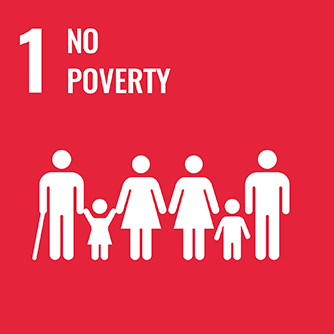

Active employment of single parents
Local revitalization through higher rice purchase prices
Salary assessment through a “personnel evaluation system” conducted with a third party
-
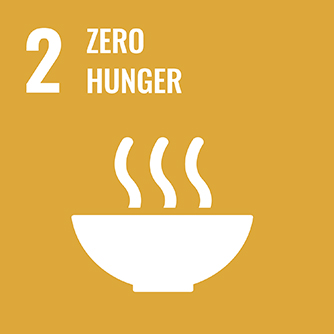

Support for young farmers
-
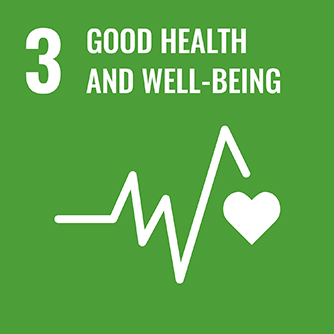

Periodic health checkups
Reduction of early morning, holiday, and late night work by introducing fully automatic koji making machines and thermal tanks
Mold-proofing of ceilings
Installation of air purifiers and disinfectant stations -
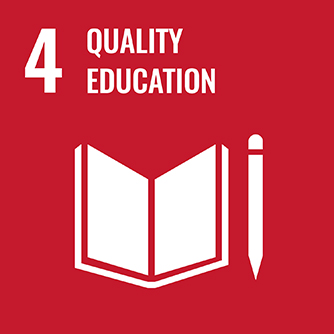

Training Assistance
Proposals for visits to other companies’ breweries
In-house study sessions
Online training -
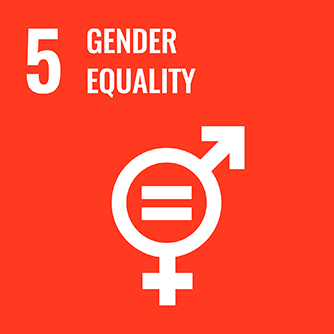

More than 60% of all employees are women
50% female managers
Youngest female master brewer (22 years old at the time of appointment in 2018) -
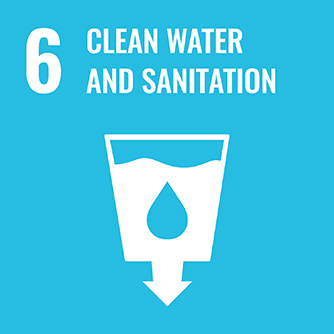

Use of well water
Move to zero use of tap water
Use of ozone water and ozone generator -
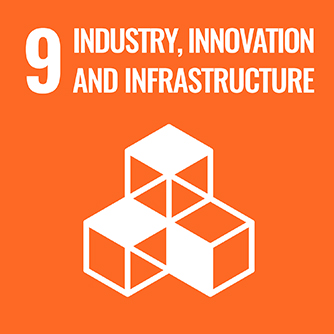

Introduction of state-of-the-art equipment
(Analyzers, gas chromatography, caser, plate heater, labeler. Shrink-wrapping machine, diamond rice milling machine, flat rice milling machine* *Two of only five in the world) -
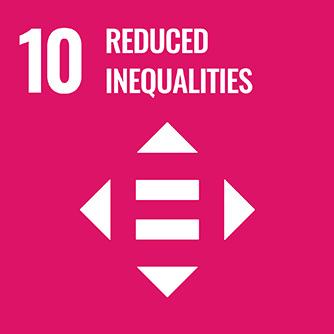

Appointment of an American vice toji
Acceptance of foreign graduates as one-year fellows (from 2022)
Braille on product labels -
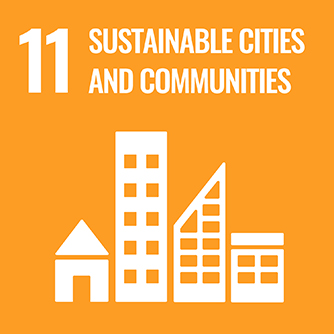

Recruitment in local advertising papers
Recruitment of employees in the local community -
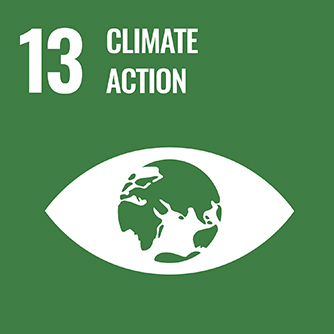

Introduction of solar power generation (~2023)
Use of electricity from hydroelectric power plants at Naruko Dam near the Sanbongi Head Office and Kamafusa Dam near the Kawasaki Brewery as a renewable energy source -
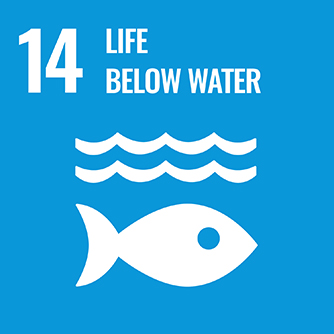

Equipped with wastewater treatment system
Floor coating to simplify cleaning and reduce detergent consumption -
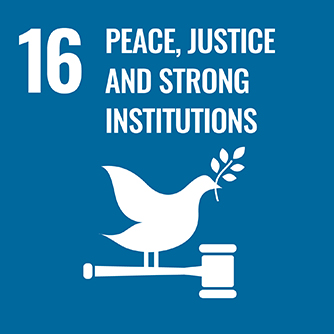

Contracting services to facilities for the physically challenged
-
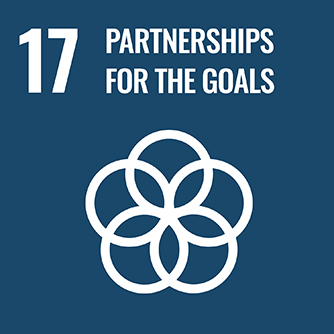

Donation of recycled goods to non-profit organizations
Menu

